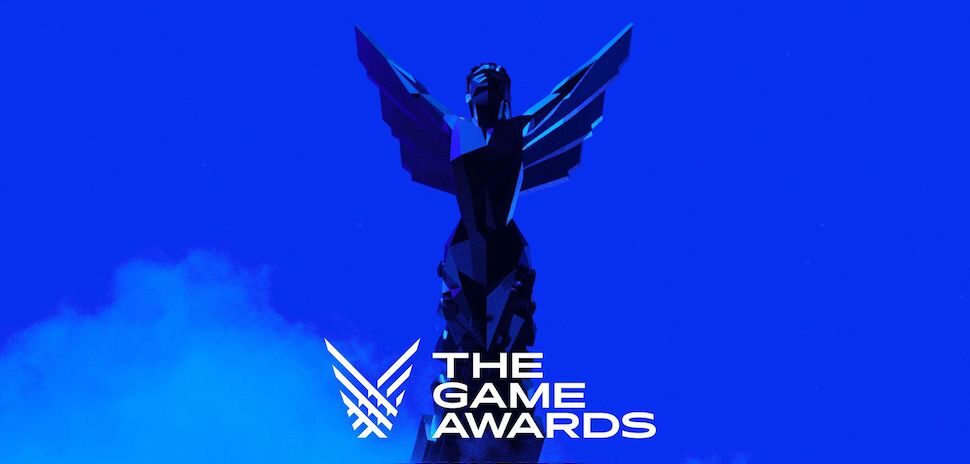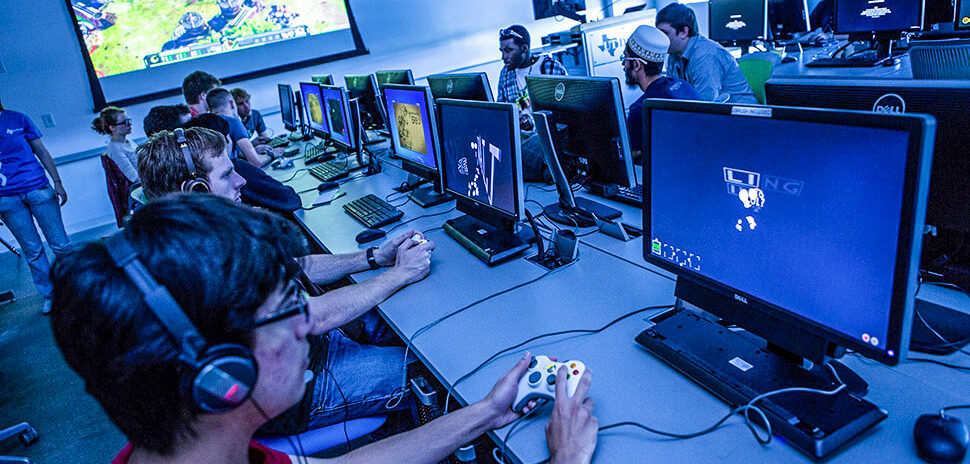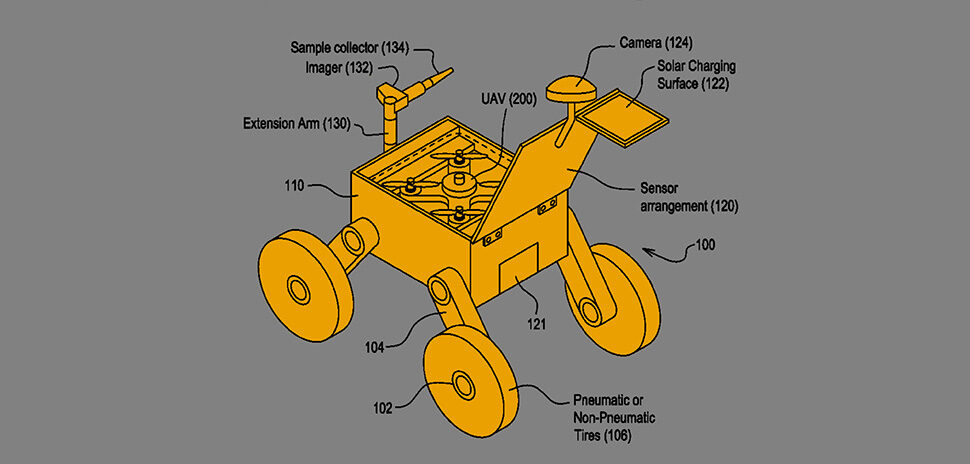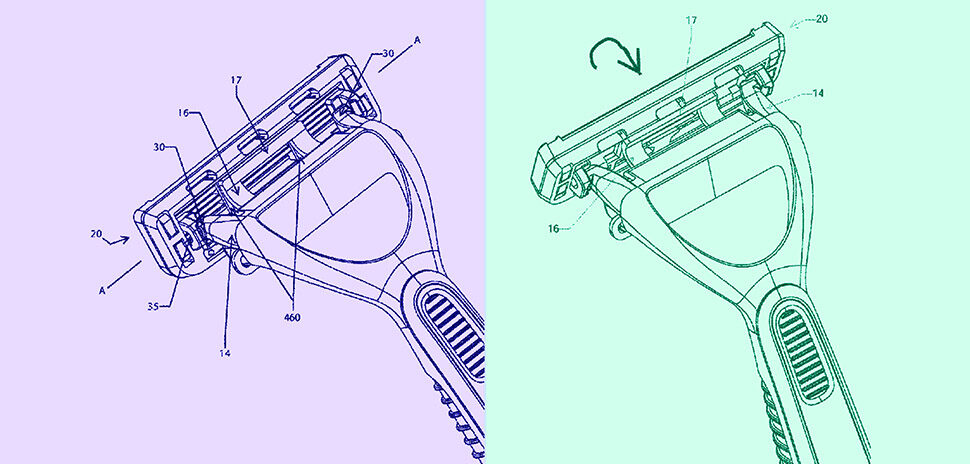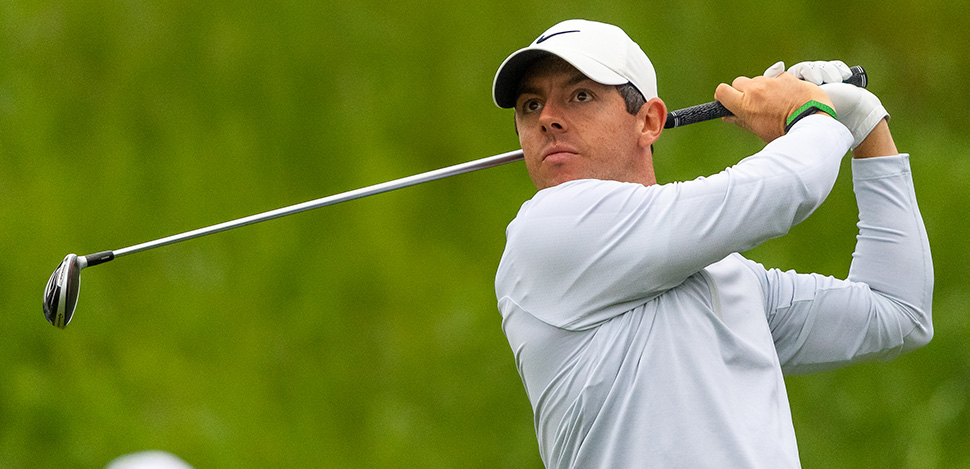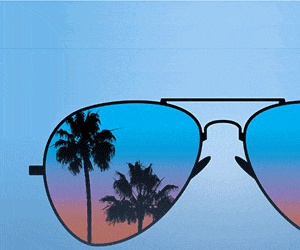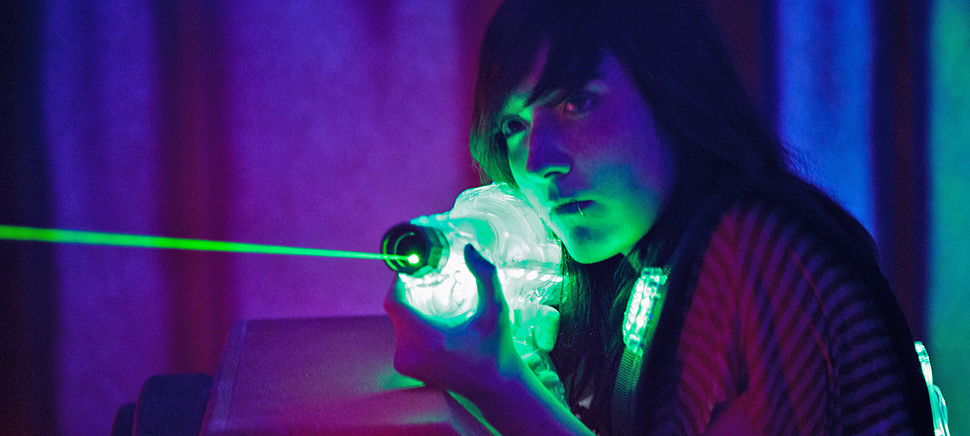
A teen girl playing laser tag. Photographed at a high ISO under black light to capture true look and feel of game.
TZUUM TAKES LASER TAG INTO THE WORLD OF SMARTPHONES AND GPS
George Carter, the inventor who brought Laser Tag to the world in the 1980s is getting back in the game, so to speak, with a new augmented reality competitive combat and strategy game called Tzuum.
Launch DFW reported that Carter’s Tzuum game is in development for iOS.
Carter is the man behind the introduction in 1984 of Photon, the first version of laser tag.
TZUUM IS LASER TAG AT THE NEXT LEVEL
According to the Launch DFW report, Tzuum is the culmination of the idea he had in the ’80s. He first thought of laser tag while watching Star Wars in a theater in 1977, according to LaunchDFW.
While Photon had to be used in a controlled environment using, cumbersome equipment and the computer technology of the time, Tzuum is the next generation of laser tag and uses smartphones as its computer.
Modern smartphones have many times more computing power than the technology of the 1980s.
“It’s a completely different technology than has ever been used for laser tag,” Carter told Launch DFW. “It works on the orientation sensors and the GPS in the phone. It’s called geo-pairing, which is a concept that the military developed probably about 10 years ago.”
YOU DON’T NEED A LOT OF EQUIPMENT TO PLAY
Here’s how it works:
All you need to play is an iPhone and headset.
The system uses the GPS technology and the magnetometer in the mobile device to update each player’s location twice a second. That offers up-to-the-second accuracy of location, Launch DFW said.
Carter told the website that he is taking an audio-first approach to augmented reality, which he said is more accurate than the visual-first approach undertaken by much of the AR industry.
“The eye forgives what the ear does not,” Carter told Launch DFW. “If you can create a polished aural experience, it will cover a multitude of sins in any other part of any type of interaction in the entertainment experience.”
For a daily dose of what’s new and next in Dallas-Fort Worth innovation, subscribe to our Dallas Innovates e-newsletter.
R E A D N E X T
-
The 8th annual Game Awards—called "the Oscars for the gaming world" by the New York Times, with over 83 million livestreams in 2020—will be shown live at select Cinemark theaters across the U.S. along with an advance screening of "The King's Man," an origin story for Matthew Vaughn's "Kingsmen" film series.
-
Animation and game design is booming—and UTD is on the forefront. Here's how its School of Arts, Technology, and Emerging Communication has become a national leader. ATEC is producing graduates who go on to work for top companies like Blizzard Entertainment, Gearbox Software, id software, Disney, and 900lbs.
-
Robert Covington, a former partner at RedBird Capital Partners, announced the launch of Braemont Capital, a new relationship-based investment firm with offices in Dallas and New York City. The new firm will focus on defensive growth niches in both enterprise and consumer end markets, typically investing between $25 and $200 million of equity capital.
-
Dallas-Fort Worth ranked No. 9 for patents out of 250 metros. Patents granted include: 7-Eleven's object tracking system, Accenture's cost of healthcare analytics platform, American Airlines' flight number optimization system, Deere's scouting system with an autonomous ground vehicle, Mavenir Networks' system for supporting low latency applications in a cloud RAN, Roka Sports' snap-in nose pads for eyewear, The Parking Genius' sensors capable of determining direction and speed of vehicle entering or leaving a lot, and Toyota's system for monitoring suspicious activity of a vehicle.
-
Dallas-Fort Worth ranked No. 9 for patents out of 250 metros. Patents granted include: Astrapi's methods of transmitting data using polynomial-based signals, AT&T's allocation and extraction of data for augmented reality for 6G or other next-gen network, Building Materials Investment Corp.'s moisture sensing roofing systems, COEVAC's automatic smoke/carbon monoxide evacuation system, IBM's cognitive intervention for voice recognition failure, Kioma's child safety seat, SanDisk Technologies' low latency data transfer, Shavelogic's shaving systems, USAA's recommendation engine for cost of a claim, and an unassigned virus immune computer system.











